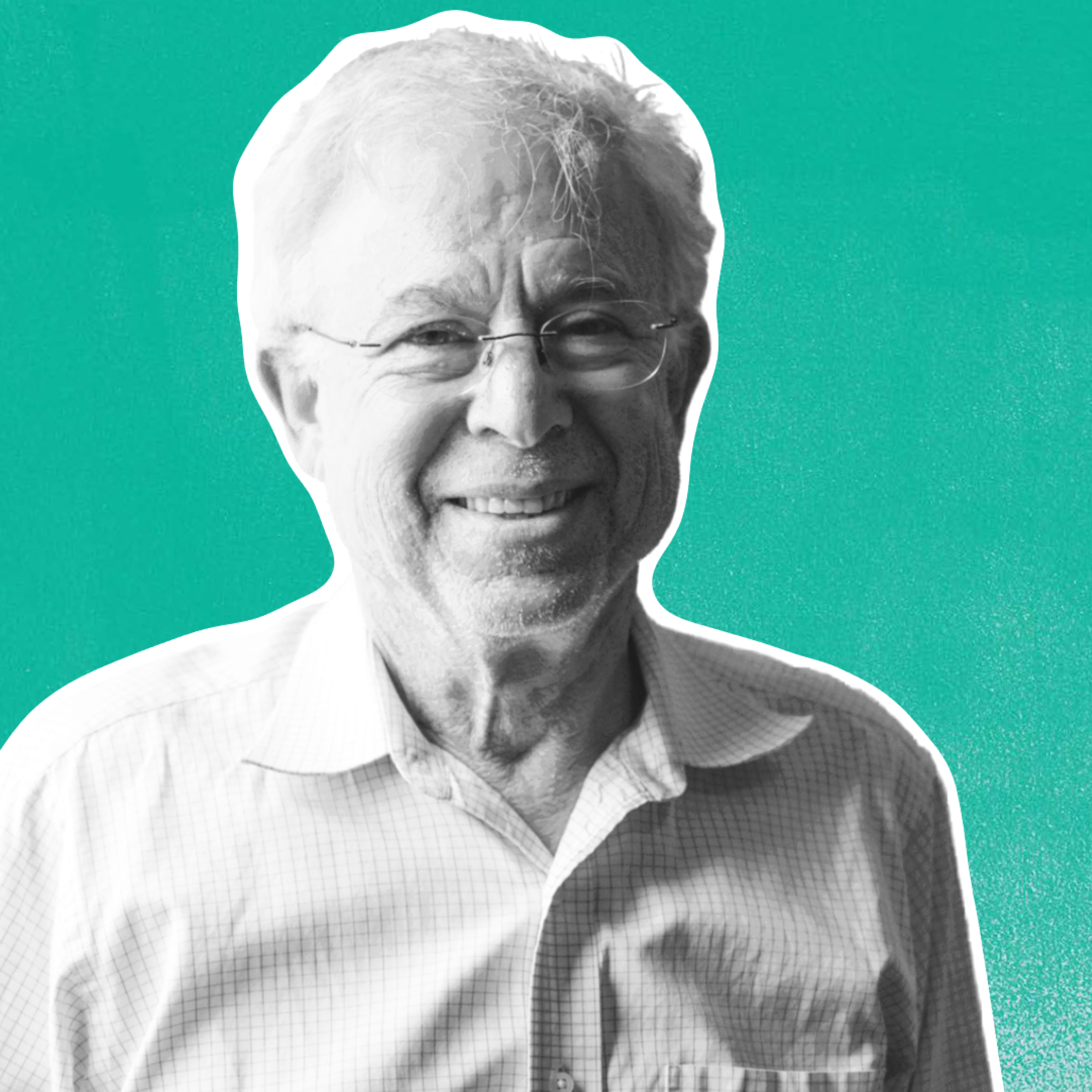
Darby Joyce
Content Marketing Coordinator
Taylor Swift’s highly anticipated Eras Tour kicked off this past weekend with two shows in Glendale, Arizona—now known as Swift City. A three-hour, ten-act show portraying the entirety of Swift’s musical career, the ambitious tour hit milestones before it even began. Presale tickets alone broke records for the number of tickets sold in a single day for any concert. The unprecedented demand for tickets even rippled into political attention, as backlash against Ticketmaster for their handling of sales led to larger discussions about antitrust laws and the site’s monopoly over event ticketing. As the tour begins and Swifties flock to major stadiums across the country, host city residents and businesses may wonder how such a high-profile event might impact them regardless of whether they attend the show themselves.
Professor John Simson, a music industry veteran and director of Kogod’s Business and Entertainment program, explains that crowds of visitors bring both benefits and drawbacks even to cities used to such crowds. Though throngs of fans will increase traffic surrounding the venue and its nearby attractions, the local hospitality industry can expect a notable boost. “These cities can expect increased spending on food, lodging, and other amenities,” Simson says.
Restaurants near the venue will be full earlier than usual, as fans must be done in time to see the show. Similarly, hotels might also see an increase from fanbases making a weekend of it.”

John Simson
Program Director, Kogod Business and Entertainment Program
Having spent decades in the industry as a performer, a manager, and an entertainment lawyer, Simson has seen his fair share of high-impact shows. He has witnessed tours from the Beatles’ 1965 show in New York City’s Shea Stadium to Bruno Mars and Dua Lipa’s visit to DC’s Capital One Arena in 2017, giving him years of live show patterns to notice. For instance, shows at venues in the heart of a city are more likely to stimulate the local economy than venues placed further away. Though Prince, Michael Jackson, and Bruce Springsteen brought thousands of fans to their 1980s shows in the now-demolished Capital Center, the center’s home in Landover, Maryland, meant that DC saw a less direct impact on its businesses.
Simson expects this pattern to hold at Eras venues such as Gillette Stadium in Massachusetts and MetLife Stadium in New Jersey. These high-capacity venues serve the Boston and New York City areas and have the tools to host massive crowds while based in Foxborough and East Rutherford. “There are distinct differences between venues like this and those located in bigger cities,” Simson explains. “Concertgoers are much less likely to dine out in the area and will either bring their food and tailgate or rely on what the venue serves.”
Though the tour itself will undoubtedly cause a stir in cities across the United States, it may have even longer-lasting effects. The backlash to Ticketmaster’s handling of the tour’s ticket sales led to a highly publicized discussion of whether it holds a monopoly on event ticketing, which resulted in the Department of Justice launching an investigation into the company’s practices in late 2022. Founded in 1976, Ticketmaster has long been the major ticket sales player, further cemented by its 2010 merger with Live Nation. However, Professor Simson explains that its current practices stem from the mid-1990s.
“Ticket prices were fundamentally changed by Barbra Streisand and The Eagles, who realized that resellers were selling tickets at ten times their face value,” he recalls. “Higher ticket prices and dynamic ticket pricing resulted from an attempt to capture as much ticket revenue as possible and prevent unrelated third parties from exploiting this market deficiency.”
Since then, Ticketmaster has faced consistent criticism for dynamic ticket pricing—that is, adjusting the price of tickets to match demand, resulting in the exorbitant prices seen for tickets to Bruce Springsteen’s and Beyonce’s 2023 shows. Combined with additional complaints over the website’s high convenience fees and disputes with artists themselves over pricing, Ticketmaster is no stranger to controversy. However, the unprecedented demand for Eras tickets combined with a personal statement from Swift expressing her anger with Ticketmaster led to a notable turn in the conversation.
I do think Taylor Swift was the trigger, as her fans are not afraid to speak out when they feel they’re being taken advantage of.”

John Simson
Program Director, Kogod Business and Entertainment Program
“It’s the culmination of years of scrutiny from fans feeling like convenience fees are exploitative and not related to the actual value of what the fans receive, alongside perceived abuses of Ticketmaster’s monopoly power in the marketplace,” Simson says. Since the Ticketmaster debacle, public figures ranging from other artists to US politicians have spoken out against the company’s ability to make or break a tour’s launch. The future of event ticketing may experience a shift in the future.
It's the importance of understanding this demand and consumer power that Simson hopes to impart to his students in Kogod’s business and entertainment courses. “In today’s streaming culture, far less money is being made from the sale of physical CDs, which lower streaming rates have largely replaced,” he explains. “Since artists rely more now on merchandise sales, tour sponsorships, and ticket prices, Kogod students learn about the importance of touring to every artist’s bottom line.” After all, one popular artist’s tour not only influences local economies but also leads to a broader discussion on how tickets are sold.
